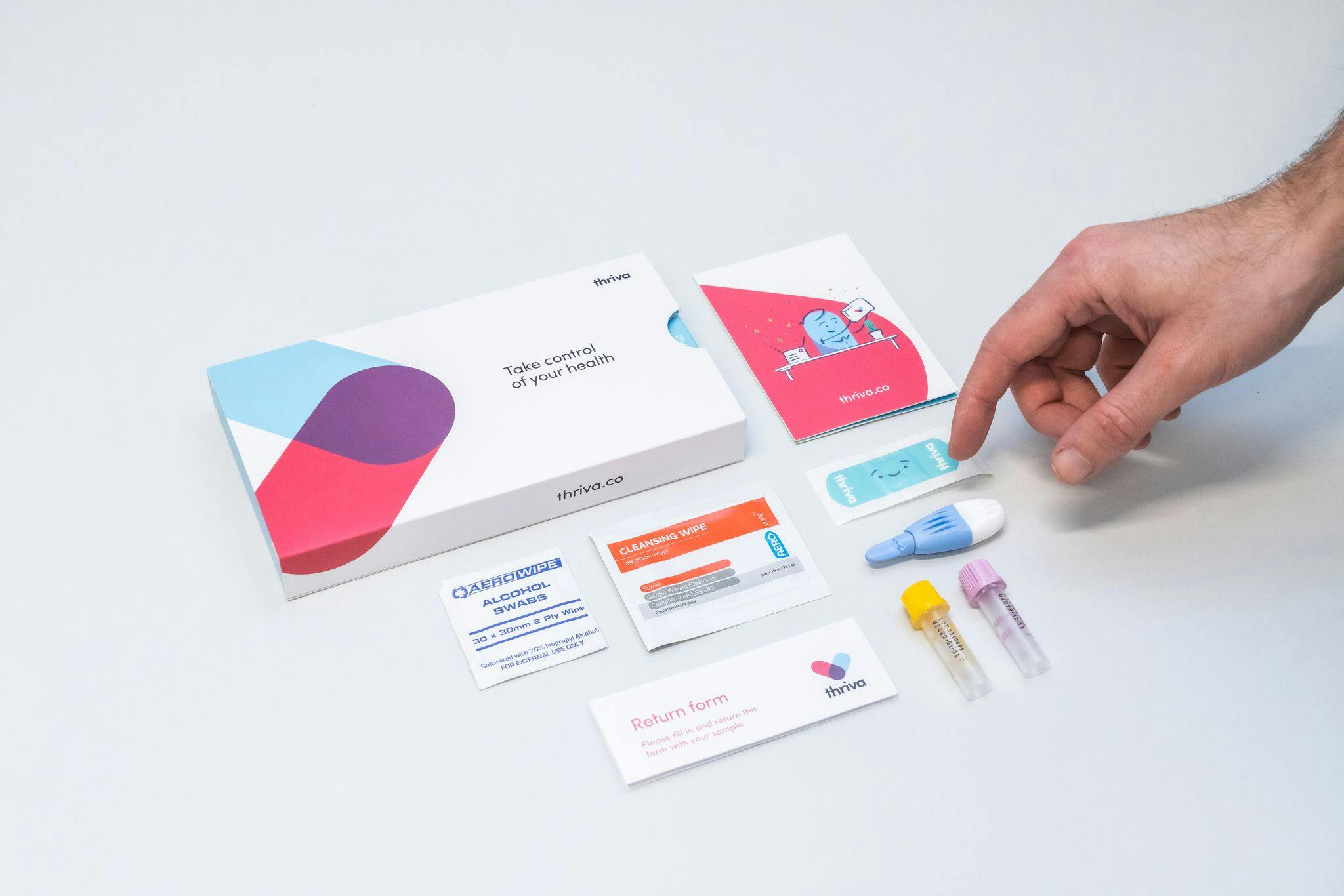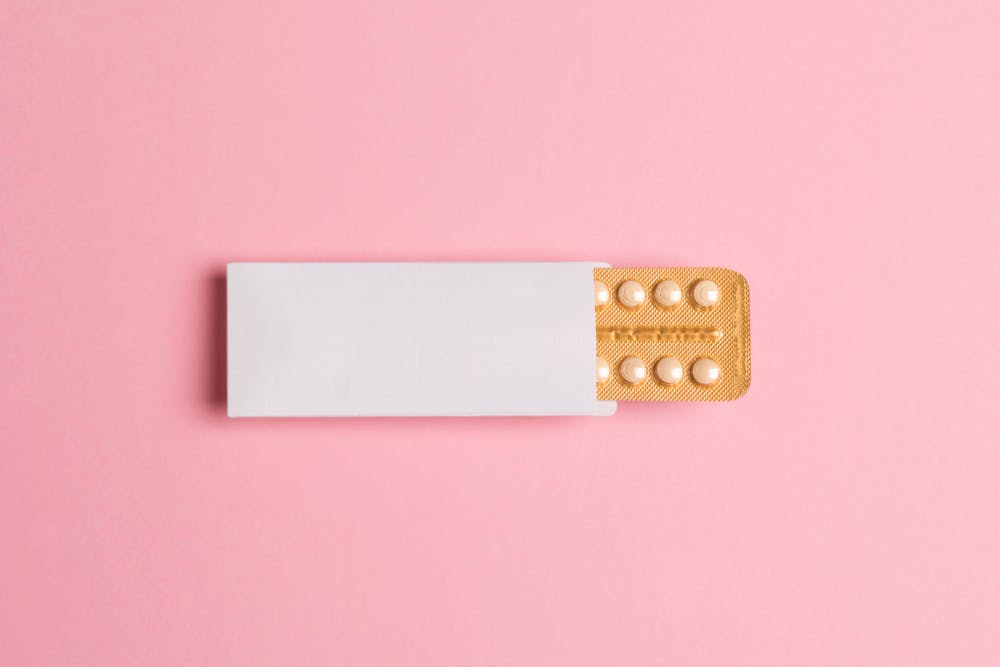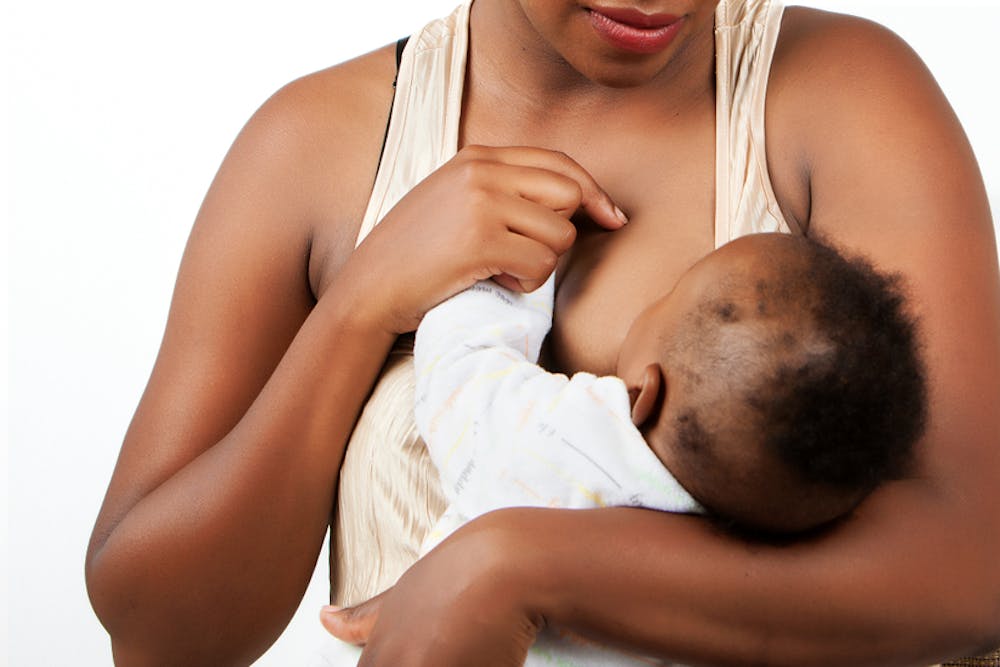Fertility insights blood test
£185.00
per test
- Free delivery
- Test arrives in 1-2 working days
- Results in as little as 48 hours
How can a fertility insights blood test help you?
This test gives you valuable insights if you’re considering family planning now or in the future. You can also see if your egg count is in the normal range for your age.
It also shows if you have a condition that might affect your fertility — like a thyroid condition. It won't tell you how likely you are to get pregnant or if you're infertile. This test needs to be taken on Day 3 of your cycle
Fertility can be affected by:
- long periods of stress
- polycystic ovary syndrome (PCOS)
- irregular periods
- being underweight or overweight
With a GP report and tailored advice for your body, you'll have the support to start planning for the future.

What's included in this blood test?
Luteinising hormone
Follicle-stimulating hormone
Oestradiol
Advanced Testosterone (total and free)
Standard Thyroid Profile
AMH
Prolactin
When should you do this test?
The best time to do this test is on day 3 of your cycle (day 1 is your first day of bleeding) — this is when your results can be accurately interpreted.
- Because prolactin is in the test, prolactin levels peak between 4-6 am and then decline after waking. Bloods should therefore be taken ideally 2-3 hours after waking.
If you have irregular periods
We recommend waiting until you have a period to get the most useful insights from this test.
If you have irregular periods combined with symptoms like acne, excess body hair (hirsutism), or weight gain, our PCOS blood test might give you better insights.
If you have no periods
You can do this test anytime, but it might be harder for our doctors to interpret your results.
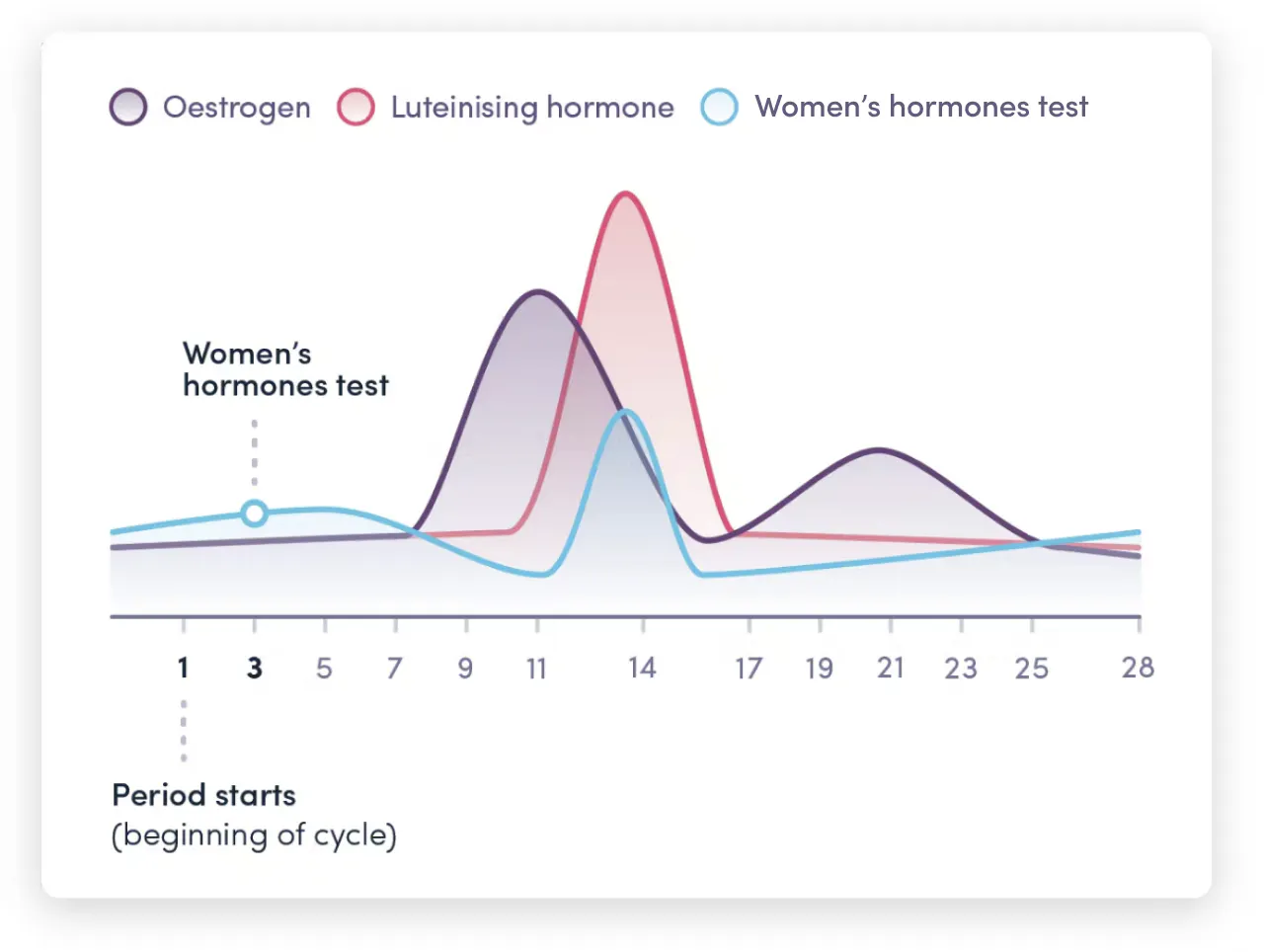
How it works
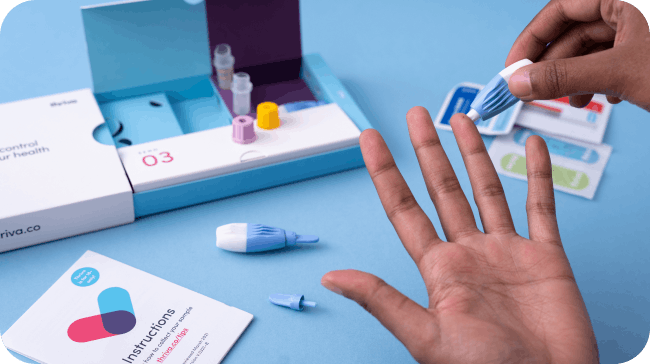
Do your test at home
Your test kit arrives in 1-2 days with instructions on how to take your sample. Then free post it back to the lab.
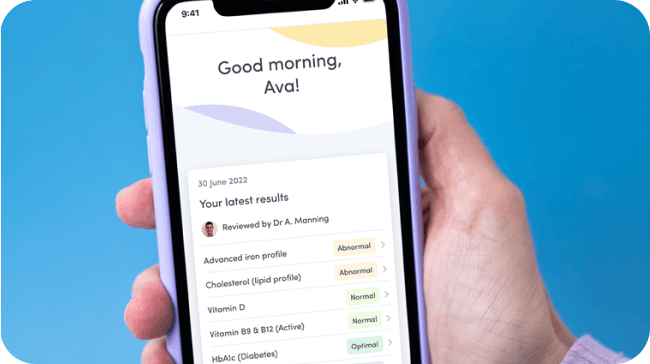
Get fast, accurate results
Free post your sample to our lab and get your results in as little as 48 hours. Access your GP-reviewed report in your results dashboard.
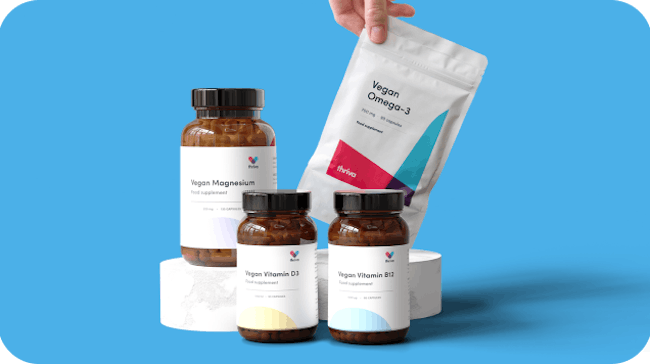
Support your fertility
From lifestyle tips to dietary advice or premium supplements, follow your personalised advice to support your fertility.
Stop guessing, start learning
“Our fertility insights test can help you if you’re planning or trying to get pregnant. We explain how your hormone levels affect your chances of conceiving and how to improve this.”
— Dr Macarena Staudenmaier, MD, MSc
Clinical Innovation Lead at Thriva



